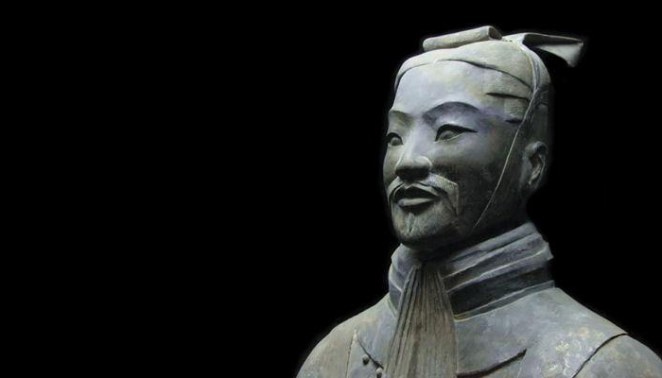Sun Tzu is a legendary military strategist in ancient China and author of the famous book “The Art of War”. He skillfully used the concept of “soft power” and is known as the father of the “agile warfare” theory. Whenever possible, he preferred to win without fighting, or at least to win the easiest battles first. As he mentions in his book “The Art of War”: “The commander with the strategy of victory in war enters the conflict only after winning the victory. The commander doomed to defeat, on the other hand, first engages in conflict, then turns to victory.” Accordingly, he always advised his soldiers to “advance from unexpected routes and attack vulnerable points”. And he also added, “Military tactics are like the flow of water. Because the water, in its natural course, flows downwards by escaping from high places. Therefore, the way to go in war is to attack the weak by avoiding the strong.”

Example 1:
Sun Tzu: “If you only attack vulnerable places, you can be sure of success in such attacks.”
Adapted: “Only if you develop habits that are easy to maintain, you can be sure to be successful in your habits.”
Example 2:
Sun Tzu: “He who knows when to fight and when not to fight will win.”
Adapted: “He who knows which habits to start with and which ones to leave for later will improve himself.”
Adapted: “This is why an intelligent person avoids areas where bad habits are strongest, but attacks them where they are weak and easy to change.”
Being a better individual is not just a matter of willpower or work ethic. It is also a matter of strategy. What people assume to be a lack of willpower or an unwillingness to change is often the result of trying to form good habits in bad environments.
If you’re trying to read for longer, don’t do it in a room full of video games, Netflix, and a TV. Move to a less disruptive environment.
If you’re surrounded by people who crush your goals, work on your projects elsewhere or reach out to like-minded people.
We can develop the habits we have acquired in easy places and redefine the business situation when we have difficulties. It sounds simple, but how often do we find ourselves fighting hard battles and ignoring the easy ones? There is ample time to fight difficult battles. Let’s win the easy battles first.














